One of the greatest phenomena in the world was Western colonialism. The expansion of European powers (Britain, France, Spain, and Portugal) into territories in Asia, Africa, and the Americas occurred between the 15th to 20th centuries, where they conquered and exploited their territories. Towards the end of the 19th century, Europeans had taken control of almost 80 per cent of the world.
However, some of the stronger countries were able to rebel against the wave of colonisation, and retained their independence by means of diplomacy, geography and the power of armies. The following is a closer examination of 10 nations that never came under European colonisation, and how they defied their sovereignty.
Top 10 Countries that Never Came under European Colonisation
| No. | Country | Title / Symbol |
| 1 | Bhutan | The Land of the Thunder Dragon |
| 2 | Iran (Persia) | The Crossroads of Civilisation |
| 3 | Nepal | The Himalayan Kingdom |
| 4 | China | The Middle Kingdom |
| 5 | Japan | The Island Nation That Modernised Fast |
| 6 | Korea | The Hermit Kingdom |
| 7 | Afghanistan | The Graveyard of Empires |
| 8 | Ethiopia | The Land of Origins |
| 9 | Saudi Arabia | The Heart of Islam |
| 10 | Thailand (Siam) | The Kingdom That Balanced Empires |
Source: worldatlas
Brief overview of the Top 10 Countries that Never Came under European Colonisation
1. Bhutan
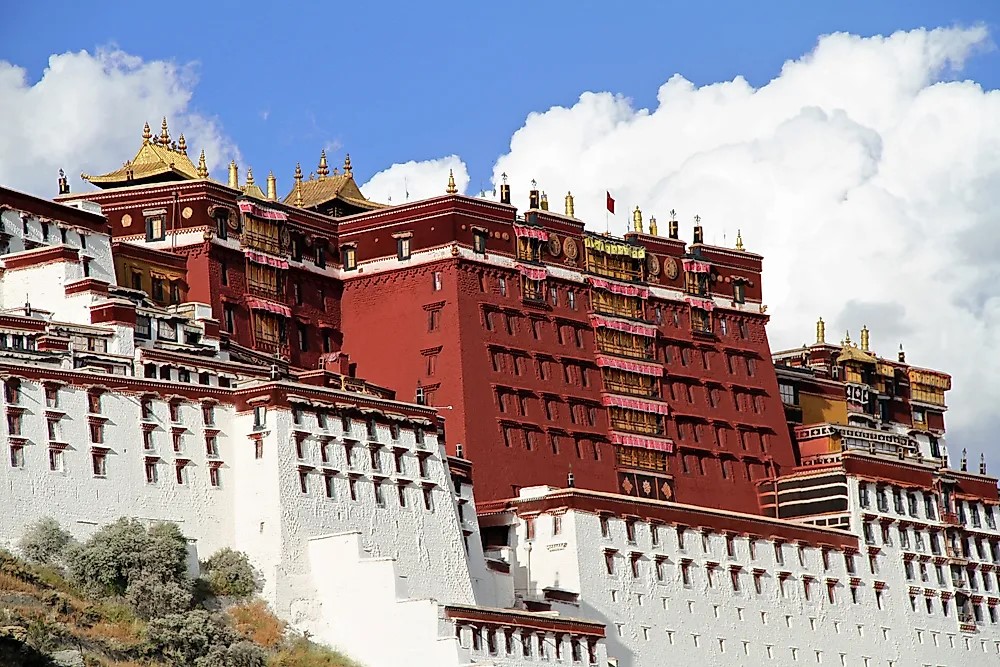
Source: worldatlas
The independence of Bhutan as a kingdom took place in 1634, after the kingdom broke away from the Tibetan Empire. The British Empire attempted several times to get Bhutan under its influence; thus, many battles were fought with the Duar War (1865) being one of them and with the help of which Britain gained control over certain areas.
Yet Bhutan retained its internal sovereignty and was officially recognised with the Treaty of Punakha (1910). Though Britain was in charge of the foreign policy of Bhutan, it was never colonised. This was a special arrangement, and India, having gained its independence in 1947, passed the position of the diplomatic envoy to New Delhi.
2. Iran (Persia)
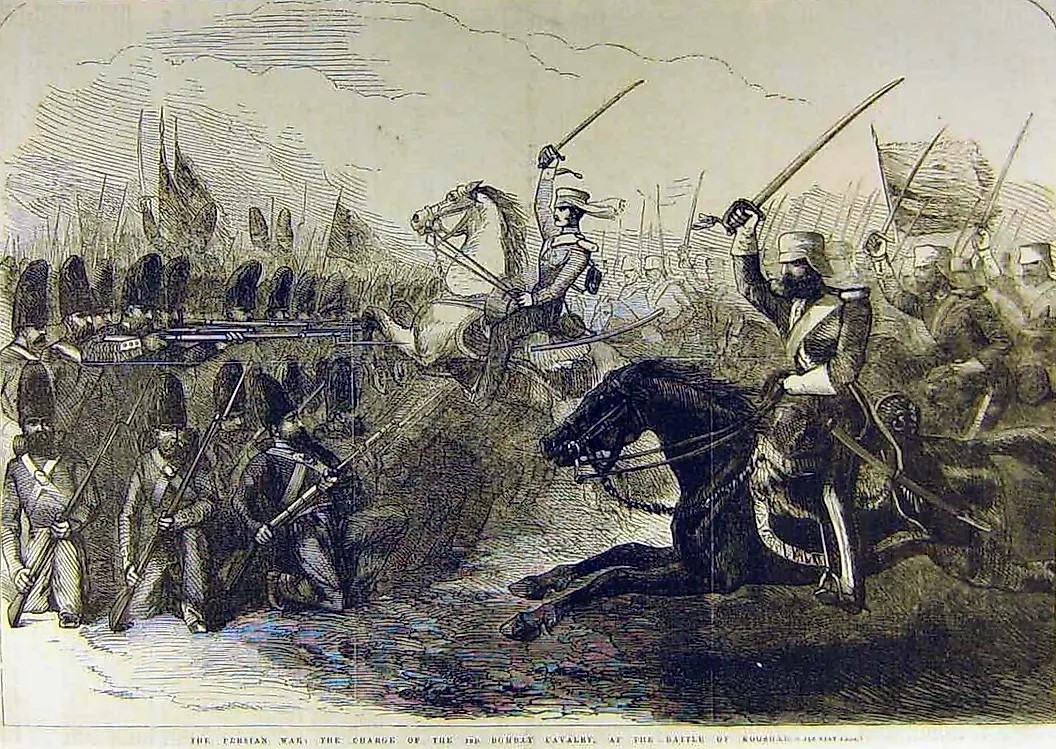
Source: worldatlas
Even though Iran was never colonised, its politics and economy were greatly influenced by European powers, particularly Britain and Russia. The Iranian Shah, under the Anglo-Persian agreement of 1857, provided the British with trade concessions such as control of Persian tobacco and oil over the Anglo-Persian oil company.
A popular outcry resulted in the Tobacco Protest and subsequently the Persian Constitutional Revolution (1906), which limited the authority of the king and resulted in the first parliament in Iran.
In the 1950s, Prime Minister Mohammad Mossadegh nationalised the oil, which led to a coup of CIA-MI6-backed coup by reinstating Western influence until the Islamic Revolution (1979).
3. Nepal
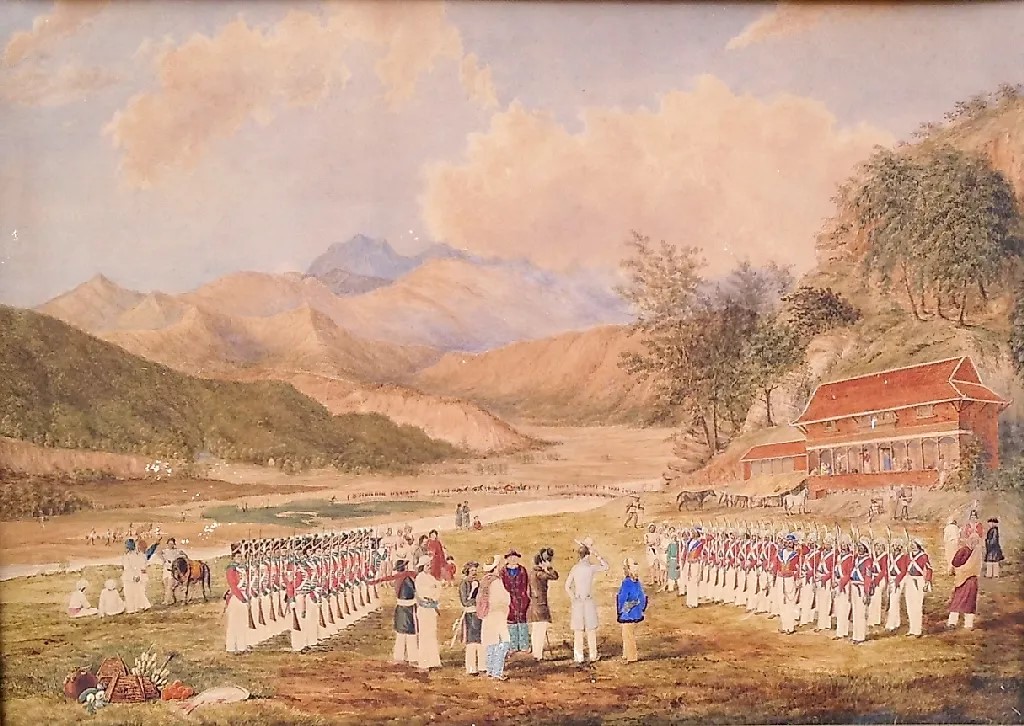
Source: worldatlas
The topographical geography of the country helped Nepal to remain independent even after the British Occupation. The Anglo-Nepalese War (1814–1816) also saw the loss of Nepal in some of its territories, but it succeeded in holding on to its sovereignty under the Treaty of Sugauli.
The British officials were also impressed with the military tradition of Nepal, and they even enlisted the renowned Gurkhas into their army, which is still a formidable alliance.
4. China
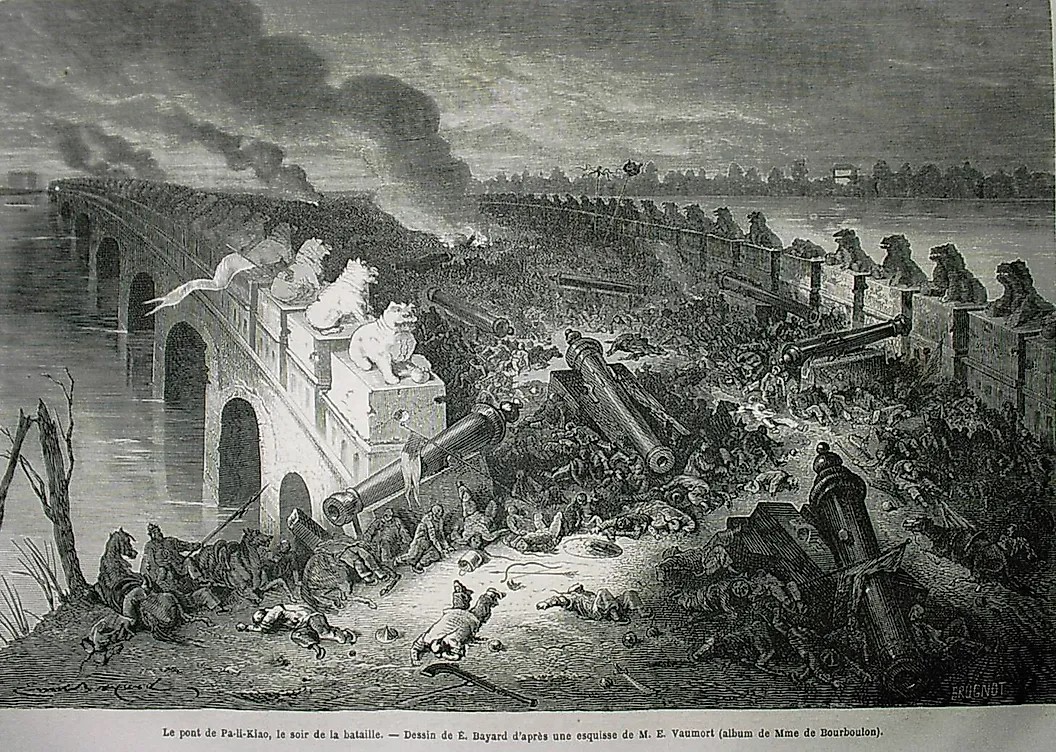
Source: worldatlas
During the Opium Wars (18391842 and 18561860), China was aggressively attacked by the Western countries, primarily Britain. China was never colonised, even though it had to sign unequal treaties and cede territories such as Hong Kong.
European powers gained rights and spheres of influence in trade, but the Chinese cultural complexity and immense size enabled it to continue existing and retain its political independence.
5. Japan
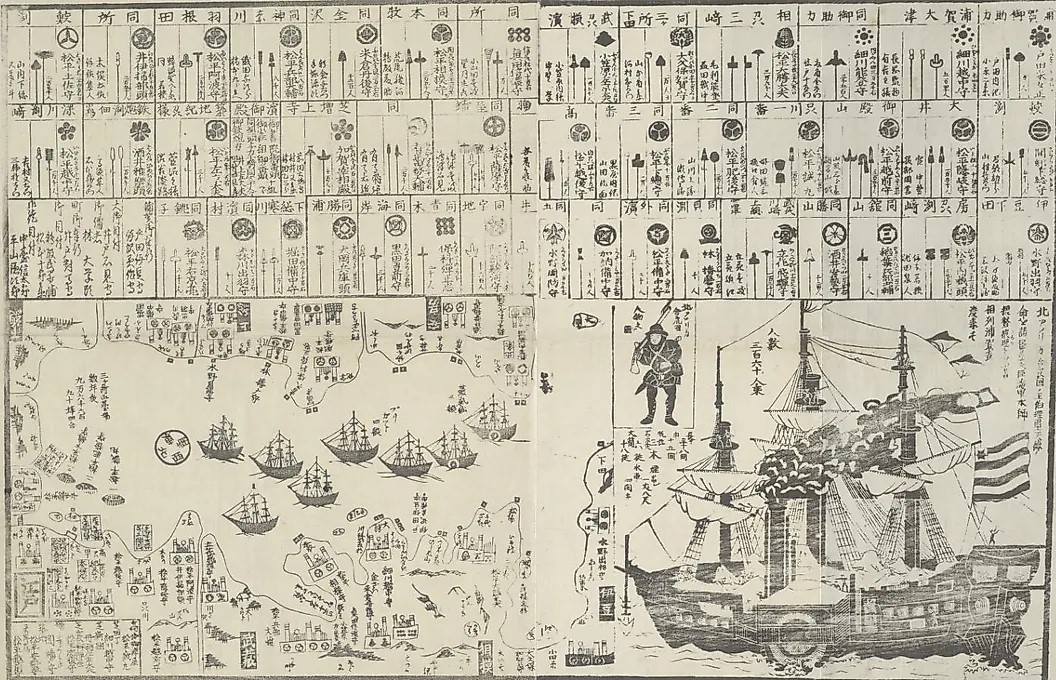
Source: worldatlas
Sakoku Policy (16331853) was an intended isolationist policy where Japan denied itself access to the world to be colonised. This foreign trade and travel ban spanned two centuries.
As the U.S. naval ships arrived with Commodore Matthew Perry in 1853, Japan was forced to open its ports, but rather than giving in, it initiated the Meiji Restoration (1868) and quickly modernised, lest Europeans take over it.
6. Korea
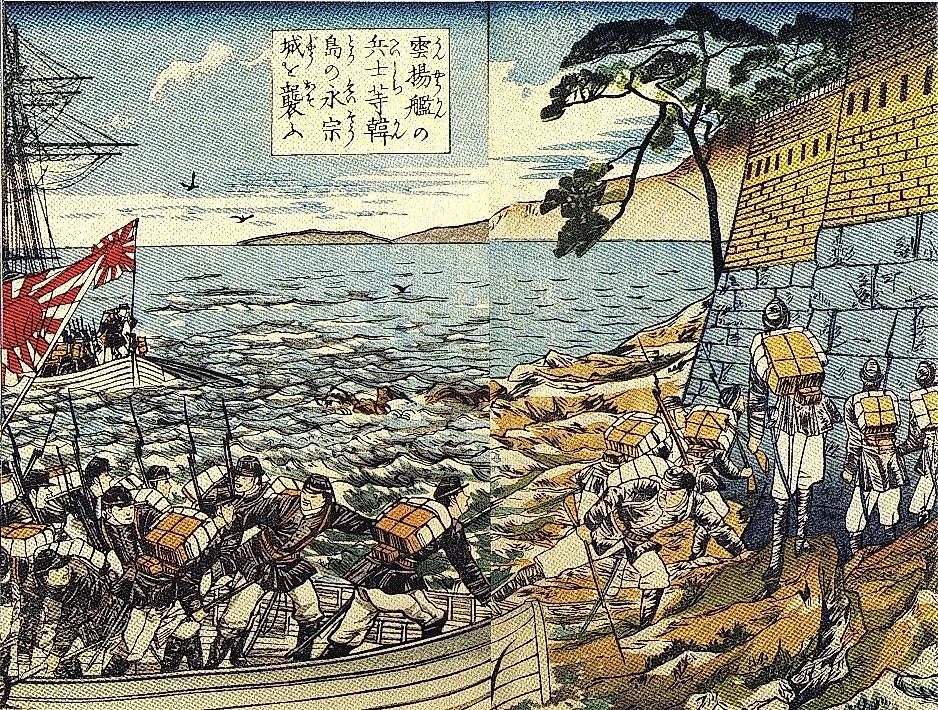
Source: worldatlas
Korea had fought against colonisation by the Europeans, but it was conquered by Japan in 1910. Korea was never colonised by the West, though it had to withstand 35 years of oppression.
It became independent once again upon the defeat of Japan during World War II (1945), at which time the U.S. and Soviet Union partitioned the Korean Peninsula into North and South Korea.
7. Afghanistan
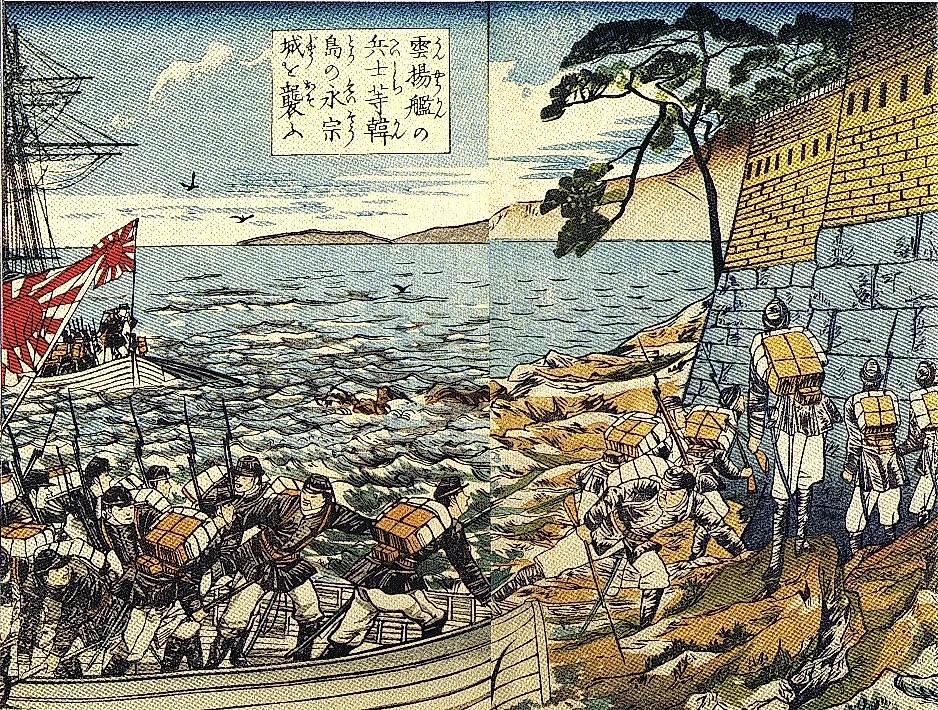
Source: worldatlas
Afghanistan was persistently invaded, yet failed to be colonised. Anglo-Afghan Wars (18391919) were three wars initiated by the British Empire to respond to the Russian expansion, but were ineffective in providing the empire with lasting control.
Following the Third Anglo-Afghan War (1919), Afghanistan was in full control of its foreign policy. Subsequently, it was tried by the Soviet Union (19791989) and the U.S. (20012021), but Afghanistan stayed hot-tempered in the independence struggle.
8. Ethiopia
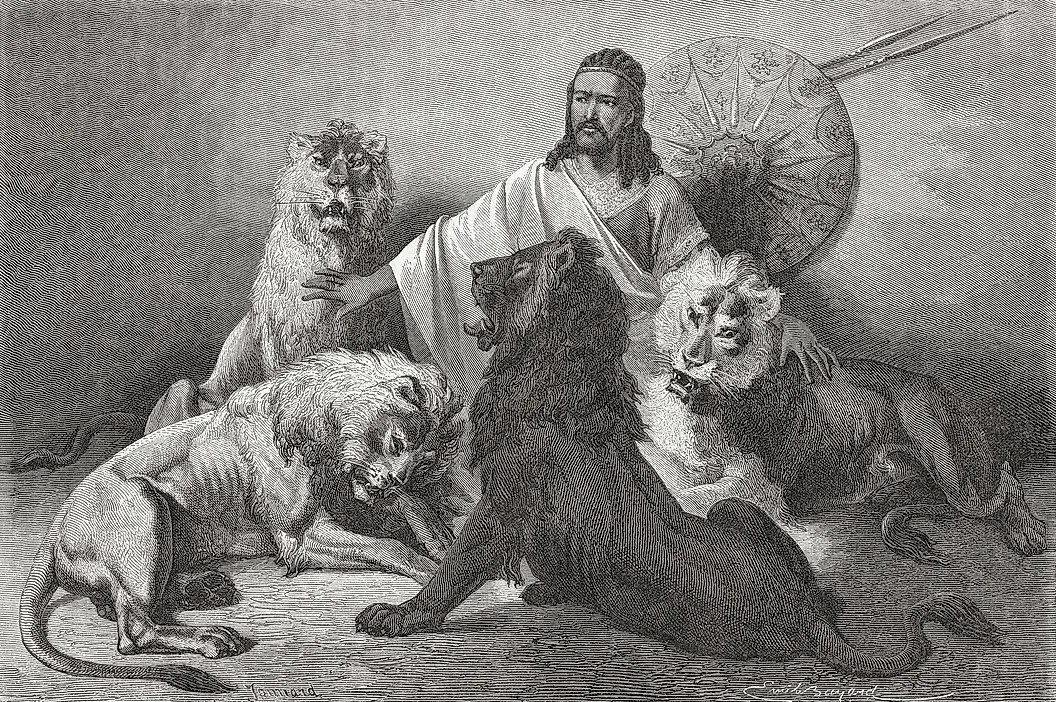
Source: worldatlas
Ethiopia is the only country in Africa that was never colonised in full by the Europeans. In the First Italo-Ethiopian War (1895-1896), though Italy tried to invade the country, Emperor Menelik II overcame the Italians at the Battle of Adwa, thereby securing the sovereignty of Ethiopia.
Despite the short-lived occupation (19361941) of Ethiopia, its resistance and the help of the Allied forces regained its independence, which became a symbolic sign of African resistance to the colonialist powers.
9. Saudi Arabia
The Arabian Peninsula had belonged to the Ottoman Empire before being united in 1932. In the course of World War I, Britain entered into the Treaty of Darin (1915) with Abdulaziz Al Saud, where his territories became a British protectorate and not a colony.
By 1932, Saudi Arabia was already a fully independent kingdom and had close strategic ties with the West because of its oil deposits and religious importance.
10. Thailand (Siam)
_(14781509334)-1760426268929.jpg)
Source: wikimedia
Being the territory between British-controlled Burma and French Indochina, Thailand (then Siam) was under the pressure of colonisation in the 19th century.
Modernisation of the country was done when King Chulalongkorn (Rama V) embraced the western style of education, technology and governance. His diplomacy enabled him to play a skilful role, which made Thailand the buffer nation, that is, it guaranteed that Thailand survived as the only country in Southeast Asia that was not colonised by Europe.
Conclusion
When other parts of the world became under the control of the European colonies, these ten countries maintained their independence as they had good leadership, diplomacy, geographical location, or modernisation. Their histories of survival are eloquent lessons that slogans about sovereignty can be made, even during the tide of imperial expansion.
Comments
All Comments (0)
Join the conversation